Aplenty Chironji Seed | Almondette/ Kernels Seeds | Charoli | Cheeronji Dried Fruit
₹499.00 – ₹1,599.00Price range: ₹499.00 through ₹1,599.00
In Stock
- Delivered today (order Mon-Fri before 12:00, delivery between 17:00 and 22:00)
- Including shipping costs, sent by klbtheme.com
- Pick up at a klbtheme.com collection point is possible
- 30 days to change your mind and free returns
- Day and night customer service
Description
Chironji is a nutty seed that comes from the plant which goes by the botanical name Buchanania lanzan. This plant belongs to the Anacardiaceae family and is also known as Almondette tree. Although the chironji plant is native to India, it is also widely grown throughout Thailand, Vietnam, Burma, Laos, and Yunnan. The tree is naturally found growing in the tropical deciduous forests of Northern, Western and Central India.
About this item
- The fruit of the chironji tree bears a single edible seed, which is known as Chironji
- Chironji – Most people know this name as an ingredient used for dressing the various sweet dishes cooked in their kitchen on special occasions.
- As it replaces the almonds, it is also called ‘cuddapah almond’. It is also known as chironji tree, almondette, calumpong nut, cheronjee, or hamilton mombin.
- Chironji tastes pleasant, slightly acidic, and almost comparable to almonds.
- Chironji is a valuable source of protein and fat with a relatively lower calories count
- Chironji seeds are used in a host of Indian desserts including variants of the kheer (also known as payasam) and various different kinds of halwas.
- Chironji must be extensively used in dishes prepared in summers, because it has a cooling effect on the body.
- Chironji provides vitamin B2, vitamin B1, vitamin C and niacin.
Additional information
| Weight | N/A |
|---|---|
| Weight | 200g, 400g, 900g |

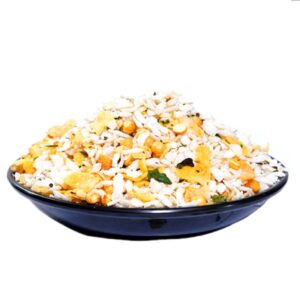
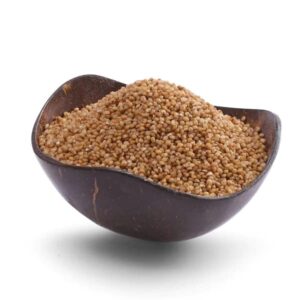
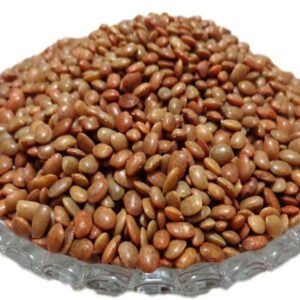
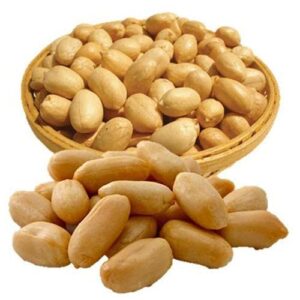
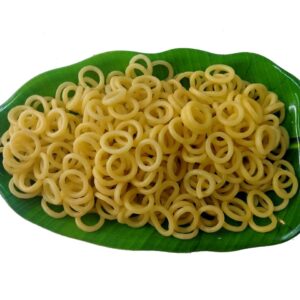
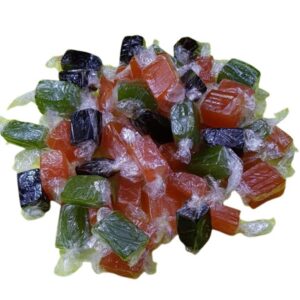
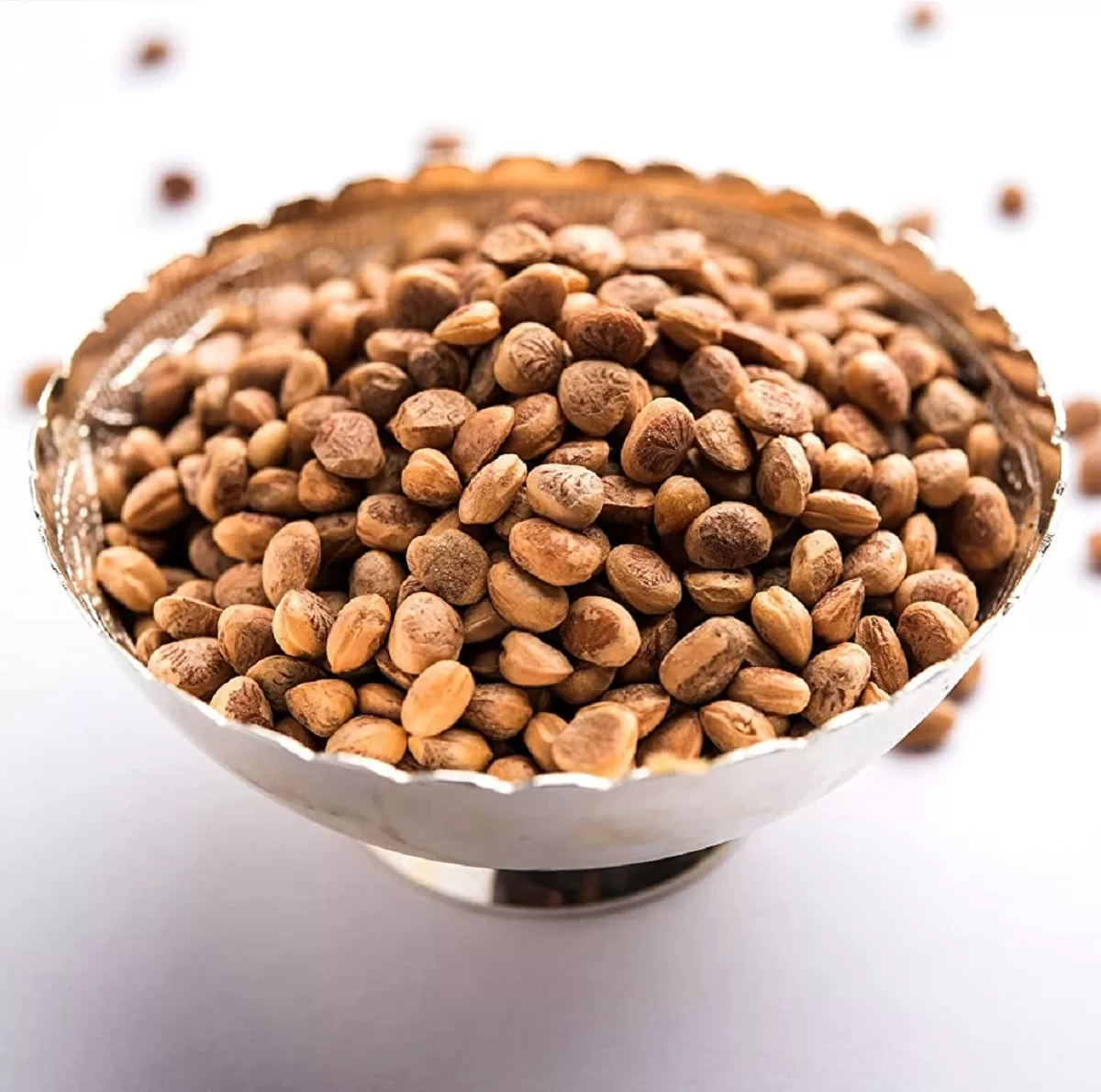
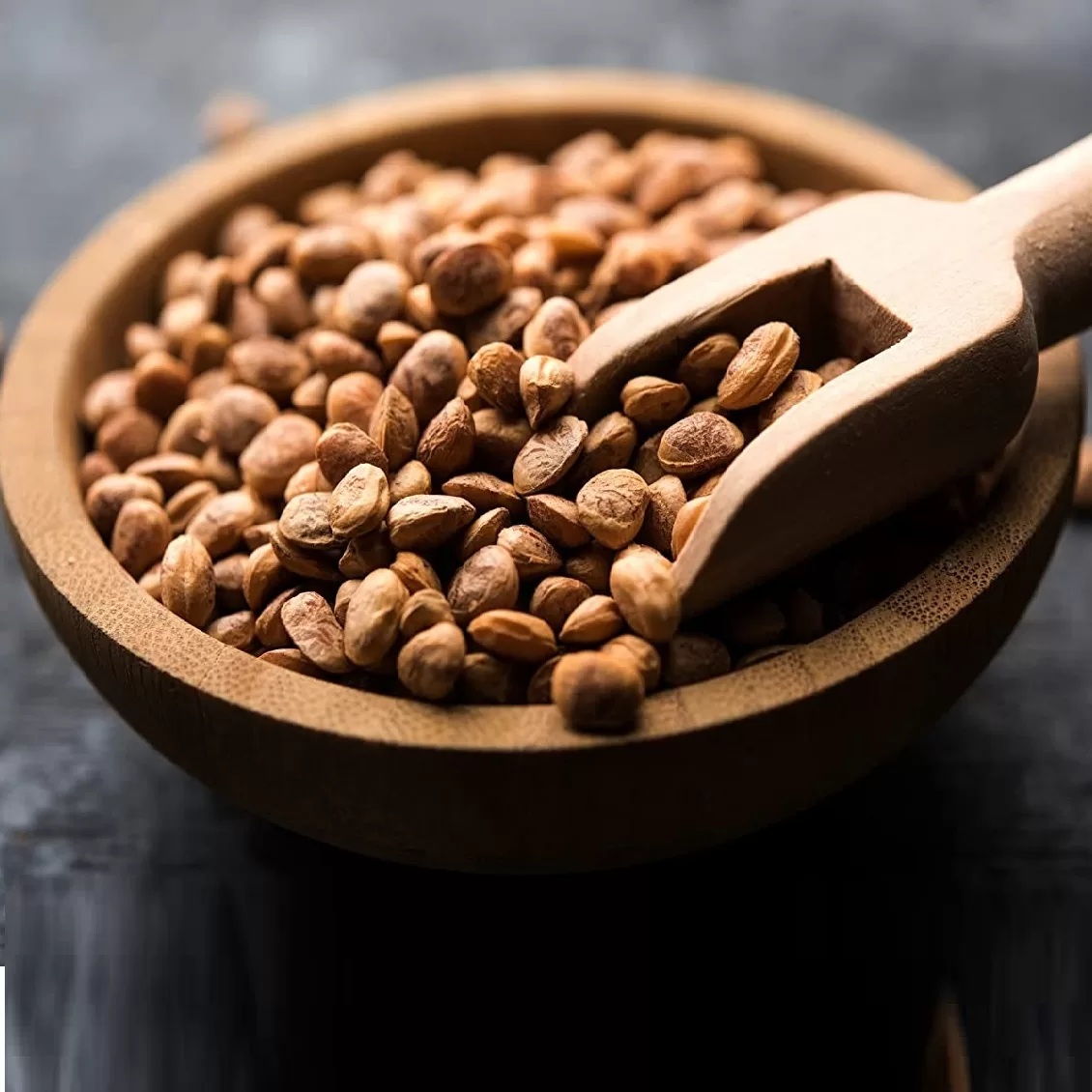

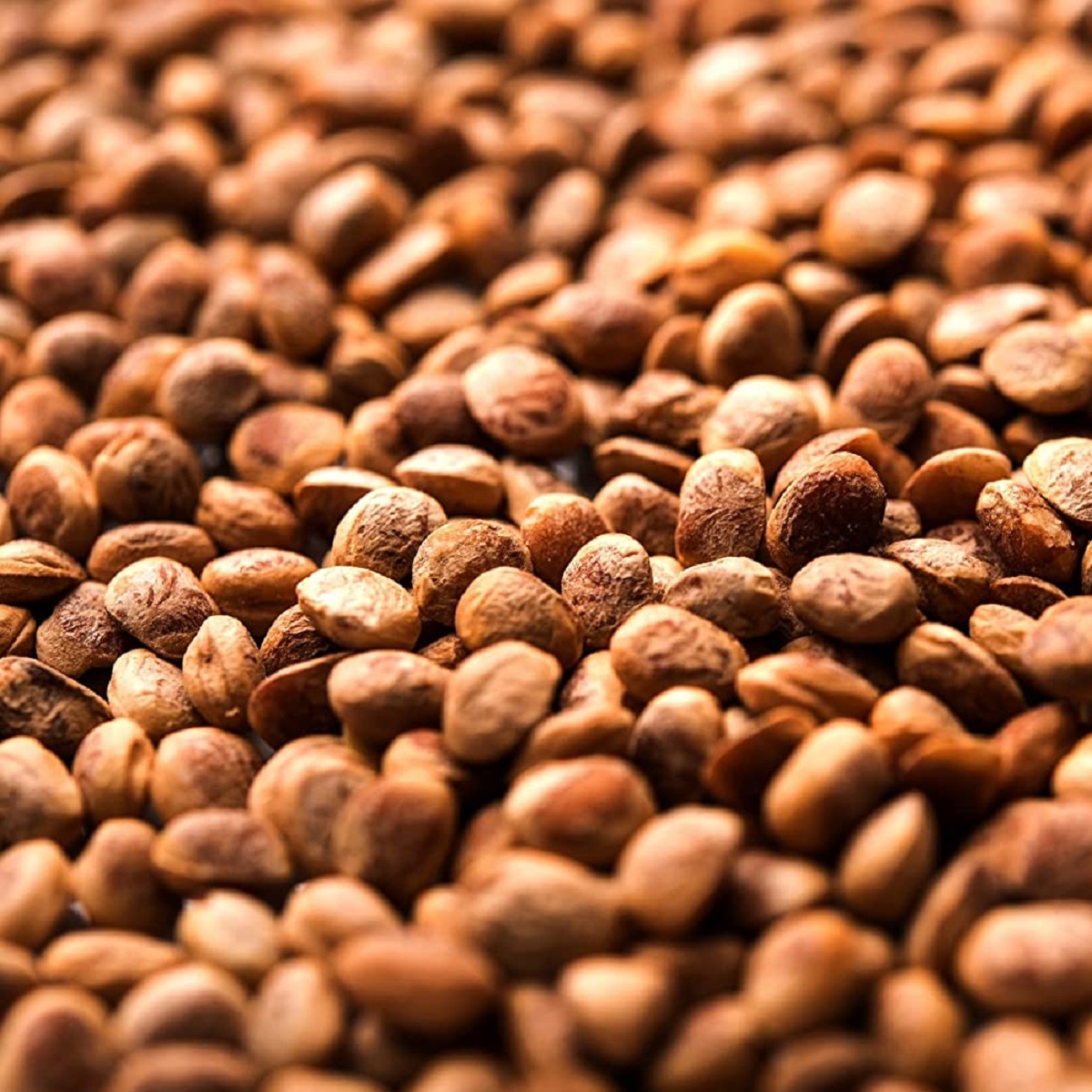

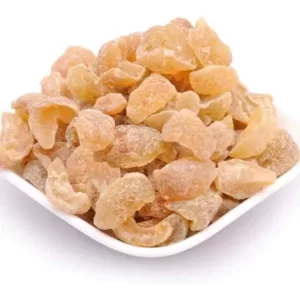

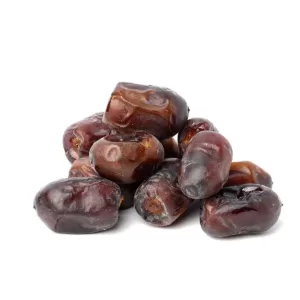


Reviews
There are no reviews yet.